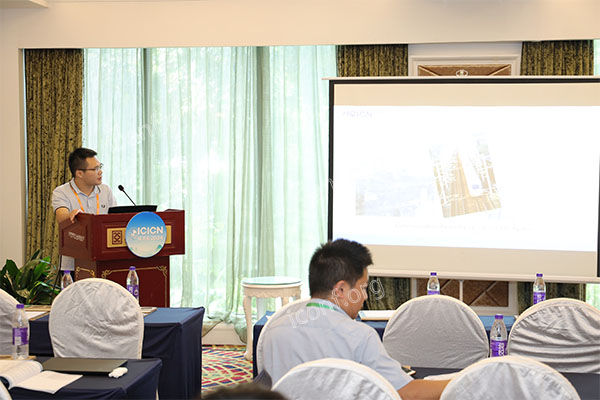Publishing at an EI-indexed conference is a goal for many researchers, especially in engineering, computer science, and technology fields. But is the process easy? While EI conferences may be more accessible than top-tier journals, they still uphold academic standards and expect original, well-structured research. Let’s break down what’s really involved in publishing at an EI conference—and how you can prepare for success.

First, it's important to understand that EI-indexing is a recognition, not a guarantee of quality. While many EI conferences are reputable and competitive, others may have more relaxed review criteria. Some conferences have acceptance rates of 40–60%, while top-tier events may accept fewer than 30% of submissions.
So, is it easy? That depends on:
The academic quality of the conference
The rigor of the peer-review process
The strength of your research
If you're targeting a well-known conference in your field, you should expect a thorough review process and high competition.
To be accepted at an EI conference, your paper typically needs to meet several basic standards:
Originality: The work must present new insights, methods, or findings.
Technical Soundness: Methods must be clearly described and validated.
Clarity: Papers should be well-organized, written in academic English, and follow formatting guidelines.
Relevance: The topic should align with the conference’s themes and current research trends.
A poorly written or off-topic paper is unlikely to be accepted, no matter how novel the idea is.
Even at mid-level conferences, many papers are rejected due to avoidable mistakes. These include:
Incomplete or outdated references
Lack of experimental data or practical validation
Plagiarism or excessive similarity to previous work
Formatting errors or poor English
Submitting too early without thorough proofreading
If you treat the process casually, the outcome will reflect that. While EI conferences are accessible, they are not a shortcut to easy publication.
To improve your chances of acceptance at an EI-indexed conference:
Study past proceedings to understand what types of papers are accepted
Use official templates and follow formatting instructions precisely
Collaborate with peers or supervisors to strengthen your argument and structure
Edit and proofread thoroughly before submission
Submit early to allow time for revisions or feedback
These steps help demonstrate professionalism and respect for the academic process.
Publishing in an EI conference can help you:
Build a track record of research output
Gain recognition within your academic or professional community
Fulfill graduation or funding requirements
Connect with peers through presentation and Q&A sessions
However, ensure you select credible conferences to avoid predatory or low-quality events. A trusted source like iconf.org helps you identify academically recognized and rigorously reviewed conferences that match your research area.
In summary, publishing at an EI-indexed conference is achievable—but not guaranteed. It requires effort, quality research, and attention to detail. With the right preparation and a commitment to academic integrity, you can increase your chances of success in the competitive world of EI conference publishing.